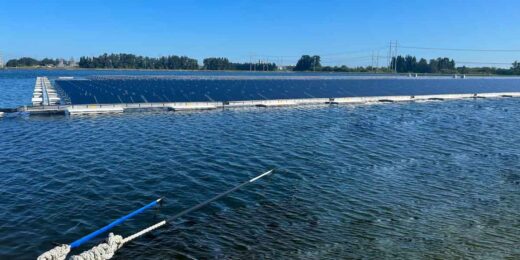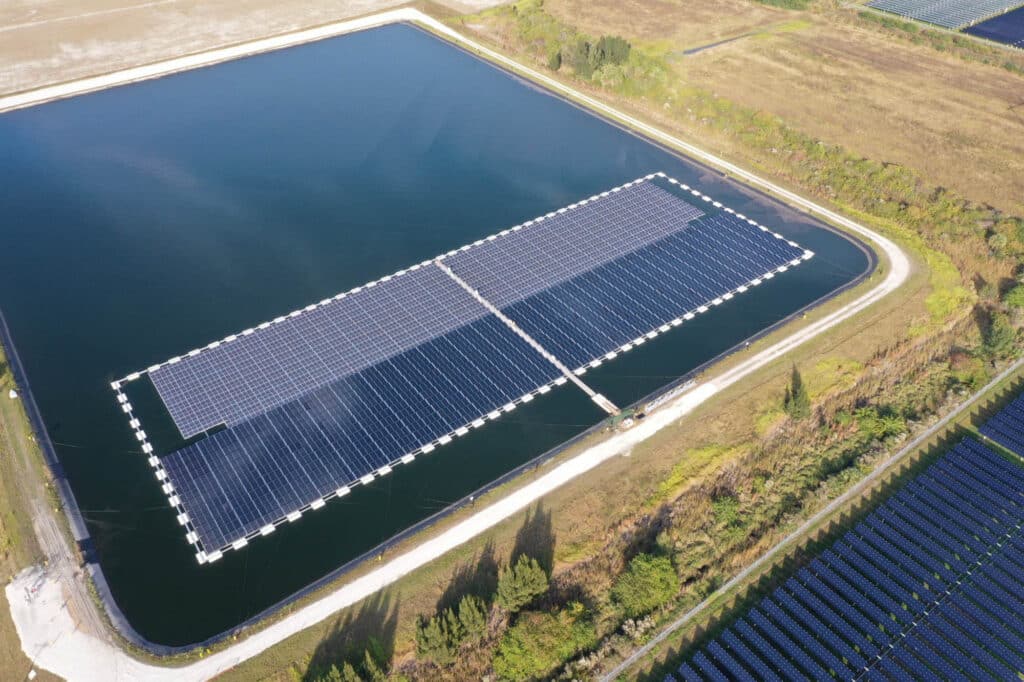As the world undergoes an energy transition, the debate between solar energy vs fossil fuels burns brightly. Fossil fuels have historically dominated energy production, yet their environmental impact has spurred a quest for cleaner alternatives. The burning of coal, oil, and natural gas releases greenhouse gases, significantly contributing to climate change. Fossil fuel extraction can also disrupt ecosystems and pollute air and water.
Solar Energy vs Fossil Fuels: A Solution to Land Constraints and Energy Security
Solar energy presents itself as a clean and renewable resource that doesn’t emit harmful pollutants during operation and offers a virtually limitless energy source. However, traditional solar panels require large swathes of land, which can be a limitation in densely populated areas. This is where floating solar panels offer a solution. By installing solar panels on platforms that float on reservoirs, lakes, and other bodies of water, new possibilities for solar energy production are unlocked.
Floating solar harnesses, the boundless energy from the sun’s radiation provide an essentially limitless resource in stark contrast to finite fossil fuels. This distributed approach enhances the resilience of solar power systems and enables communities to generate their electricity, giving them more control over their energy use. Adopting this sustainable method ensures energy security and reduces geopolitical tensions caused by dependence on fossil fuels.
Floating Solar: A Clean Energy Solution Enhancing Ecological Balance and Sustainability
The environmental benefits of floating solar extend beyond energy production. By reducing water evaporation, these installations help maintain an ecological balance in aquatic ecosystems, supporting biodiversity and habitat preservation. Generating clean energy without emitting greenhouse gases or air pollutants, floating solar contributes to cleaner air and healthier environments for surrounding communities.
In the transition towards a greener future, solar energy vs fossil fuels highlights a stark contrast in terms of environmental sustainability, energy security, and resilience. Floating solar represents an innovative solution within the solar energy sector, providing a versatile approach to enhancing renewable energy generation while minimizing environmental impact. The ongoing debate between solar energy vs fossil fuels underscores the divergent paths humanity must navigate in determining its future energy sources.
Conclusion: Solar vs Fossil Fuels
With nations worldwide committed to reducing greenhouse gas emissions and accelerating the shift towards renewable energy, the debate of solar vs fossil fuels becomes increasingly relevant. The adoption of floating solar emerges as a promising, scalable, and environmentally responsible approach to meeting energy needs. AccuSolar leads the charge in designing and manufacturing floating solar PV systems in the U.S., paving the way toward a cleaner, greener, and more sustainable future for generations to come. Contact us for more information!





